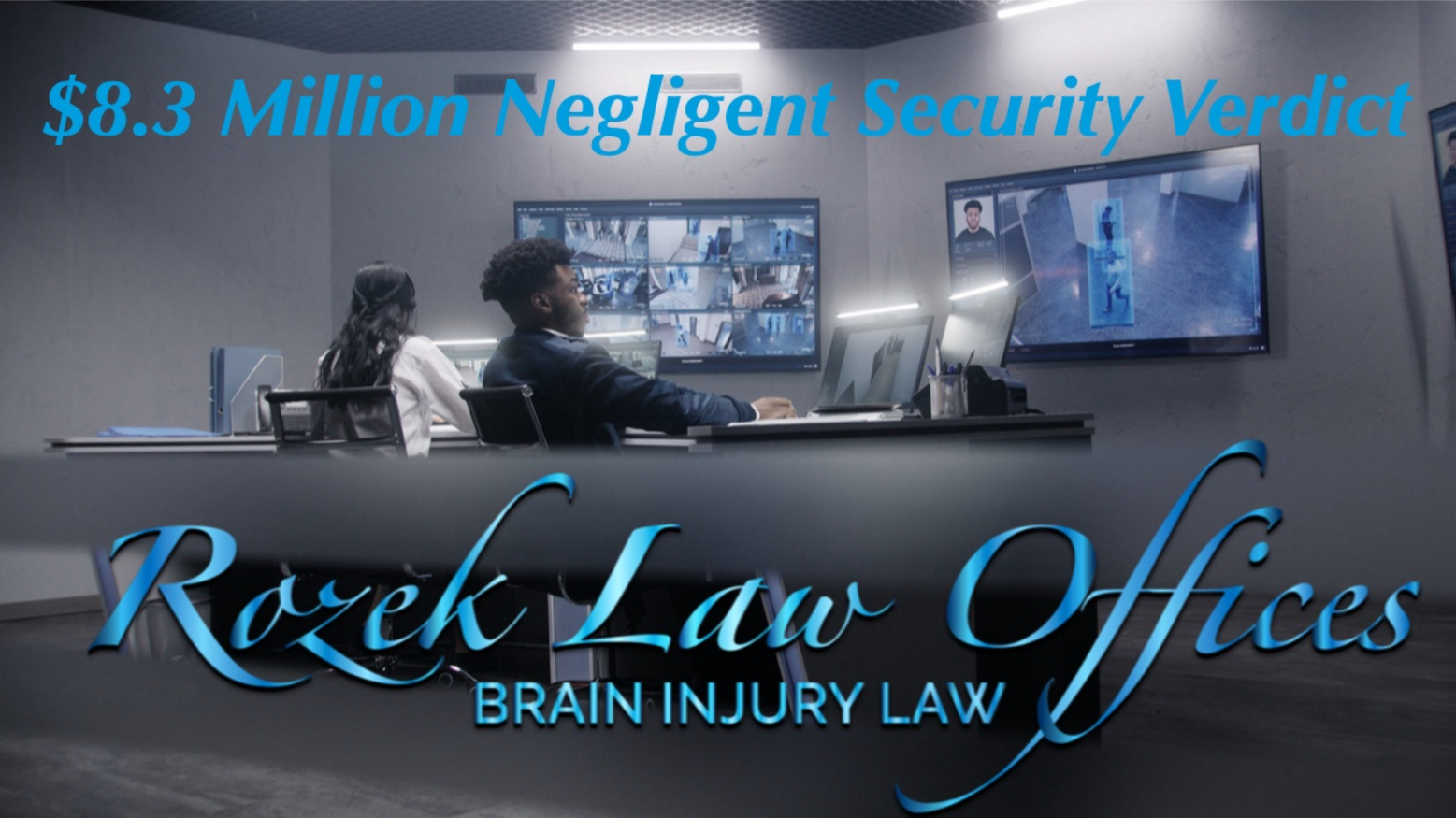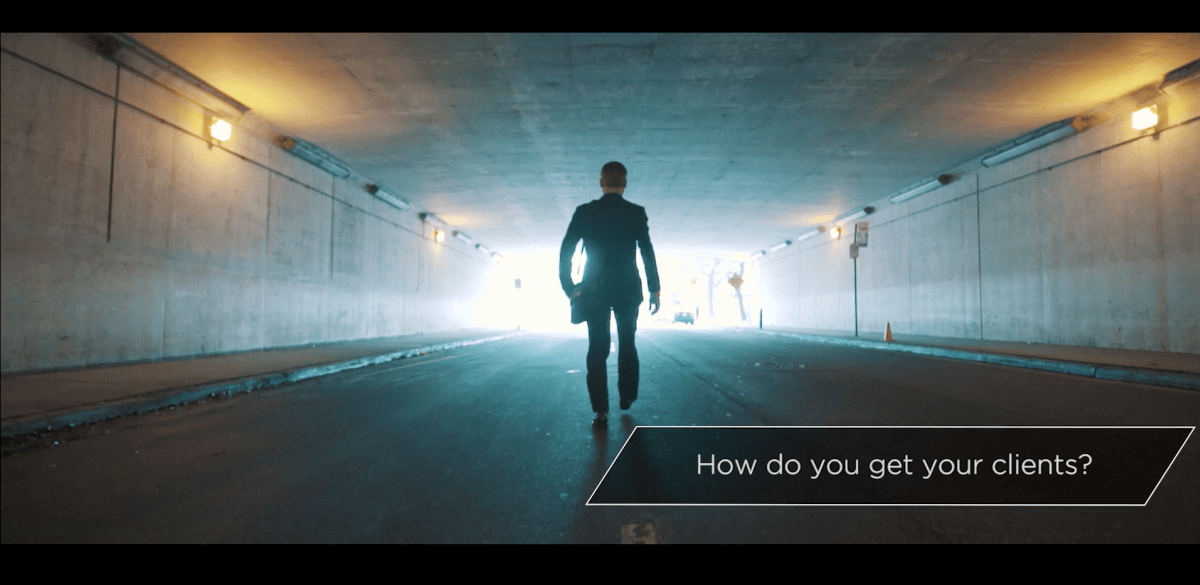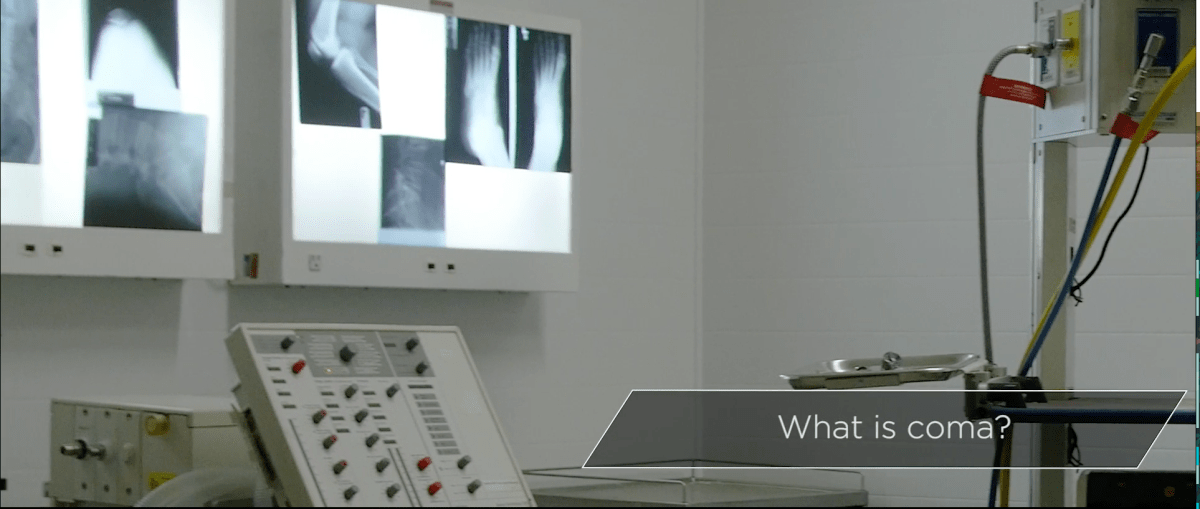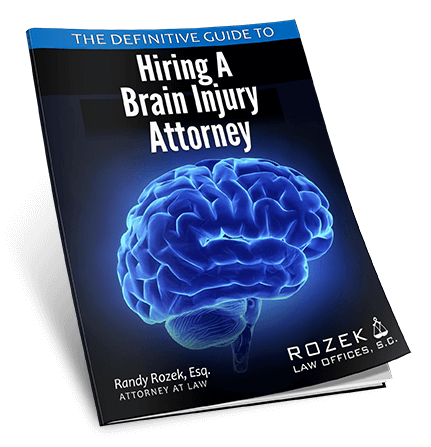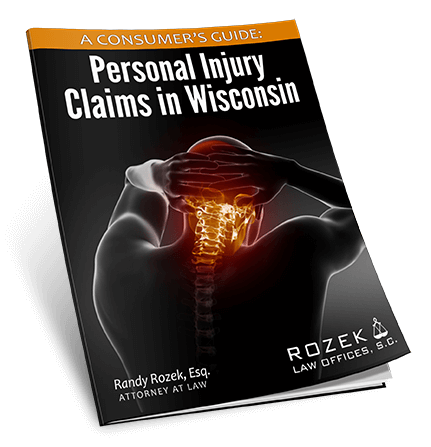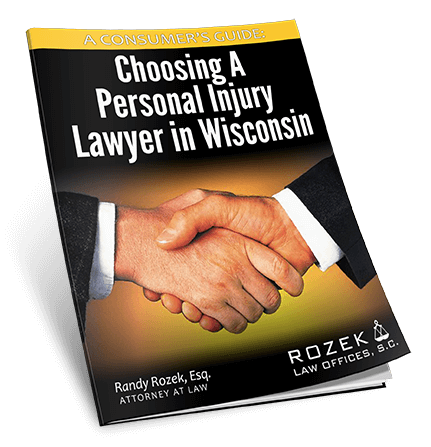Rats demonstrate impulse control issues following traumatic brain injury
A new study by researchers at the University of British Columbia revealed that rats demonstrate impulse control issues even following a mild traumatic brain injury. The study showed that rats with head trauma were unable to wait as long to receive a bigger reward, and instead opted for a small, immediate reward “The rats’ lack […]
A new study by researchers at the University of British Columbia revealed that rats demonstrate impulse control issues even following a mild traumatic brain injury.
The study showed that rats with head trauma were unable to wait as long to receive a bigger reward, and instead opted for a small, immediate reward
“The rats’ lack of impulse control lasted throughout the eight-week experiment, indicating it could be a chronic symptom of head trauma, persisting even after memory and motor functions return,” an article by Metro News reads. “We saw that relatively mild brain injury can induce a long-term impulsive state,” said Cole Vonder Haar, lead author of the study.
Rats typically only live about 80 weeks, so the experiment lasted about a tenth of the rats’ lifetime span. The team tested the rats’ impulse control with sugar pellets.
“Rats could choose to either receive one sugar pellet now or four sugar pellets later,” the article reads. “Those that had suffered brain injuries chose the single sugar pellet more often.”
The researchers also discovered that the rats that chose the single sugar pellet more frequently also had higher levels of interleukin-12 in their brain tissue.
Interleukin-12 is naturally produced by dendritic cells, macrophages, neutrophils, and human B- lymphoblastoid cells in response to antigenic stimulation. Basically, it can stimulate the growth and function of T cells and it can block the formation of new blood vessels.
“That finding could be the missing link in explaining addictive behavior in people who have suffered brain injuries,” the article reads. “One of the things that has been most heavily linked to addiction is problems with impulse control,” said Vonder Haar.
Haar says in the news article that there are increased rates of addiction in populations with brain injury.
“But scientists have not been able to definitively say brain injury can cause addictive behavior because people who are more likely to have brain injury could simply be the type of people who have less impulse control in the first place,” the article reads.
The study however demonstrates a chemical link between brain injury and addiction. The research teams hopes it will lead to new treatment options for TBI patients as well as patients who suffer from addiction.



